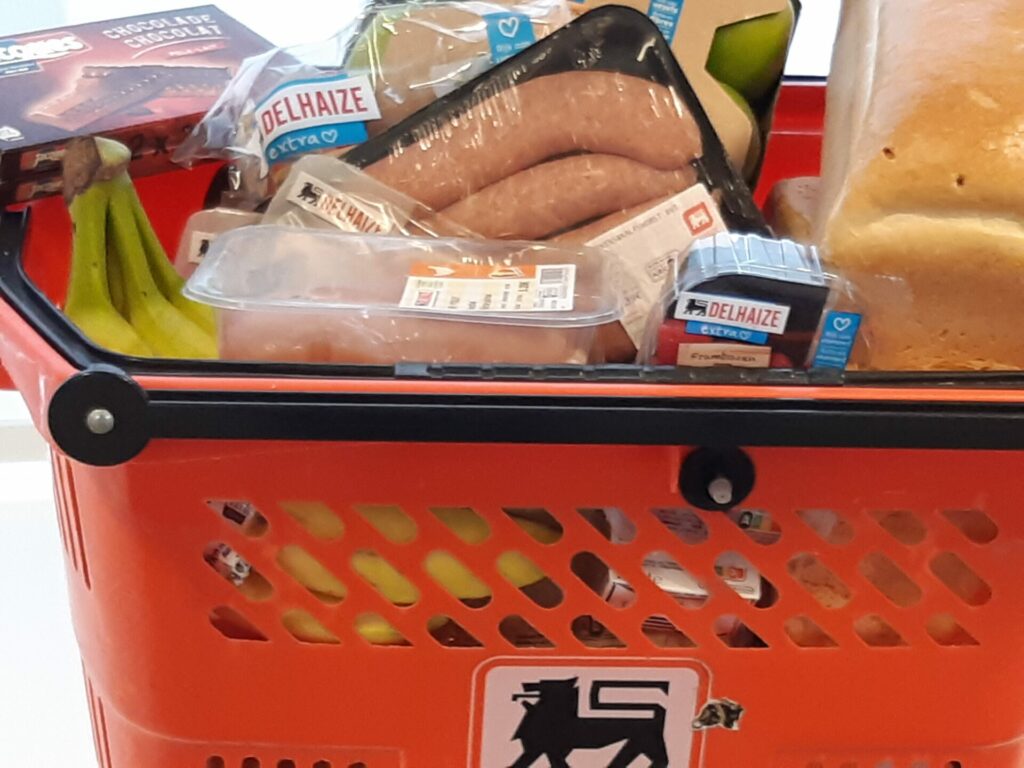Food prices continue to rise month-on-month in Belgium, driven by core inflation that has increased to 8.28% in February, L'Echo reports. This is despite inflation falling across the country in the past months.
With inflation coming down to 6.62% in February – falling for the fourth consecutive month – most Belgian households must still contend with rising prices for basic necessities.
The Belgian State uses core inflation to measure such rises by excluding products subject to volatile price change, such as energy prices, as well as tobacco, alcohol and unprocessed foods. It also aims to measure the "real" impact of price rises. In February, core inflation stood at 8.28%, up from 8.05% in January.
Related News
- Belgium registers 7th lowest inflation rate in EU
- Cost of loving crisis? Singles and young couples counting their pennies
Food items have been most affected with prices 16.12% more expensive in February than in February 2022. Products such as eggs and dairy were up 38% and 26% respectively.
Belgian economist Bruno Colmant told L'Echo that price rises have also hit supermarkets that "tried to push producers not to raise their prices" before being forced to raise their own. In January, a report by RTL Info revealed that the average grocery shop for two people cost €503 per month, €79 more expensive than a year ago.

